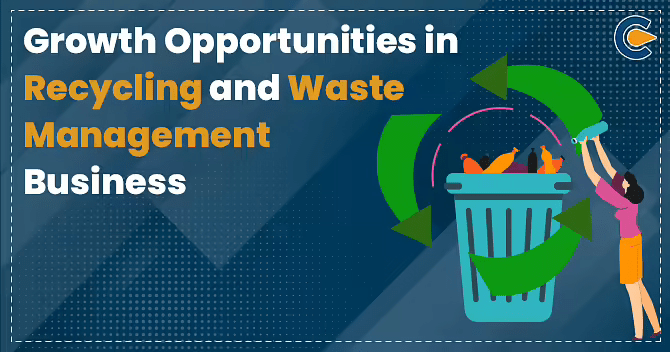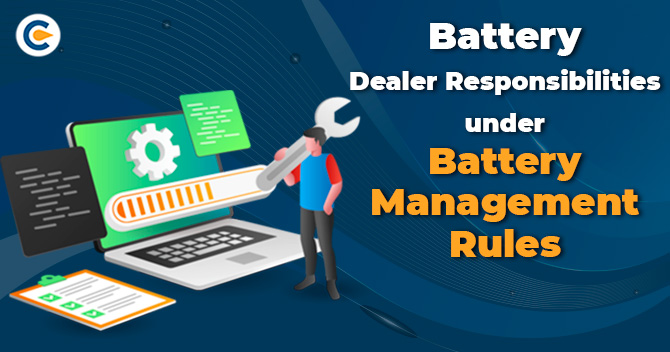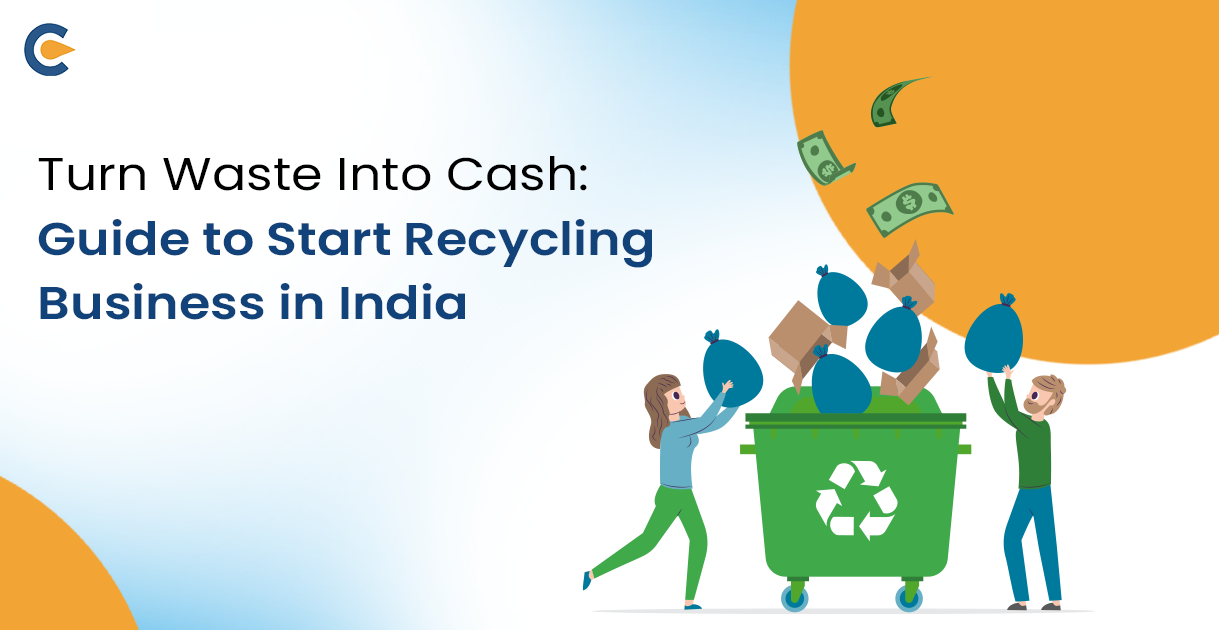Waste generation is associated with almost every activity conducted by human beings for a long period of time. But in the present scenario, it has become a matter of concern and priority due to the increasing gap between the amount of waste generated and waste managed, especially in developing countries like India. With this increasing volume of waste and different sources of waste, the different variety of waste is also coming into the light during a covid pandemic, and the problem of bio-medical waste increased to an unmanageable amount. Waste is defined as the useless product generated from human activity. It is also defined as any component or material which has been rendered useless to the producers’.
Waste is classified into many categories based on its properties like: –
- Physical state
- Solid waste
- Liquid waste
- Gaseous waste
- Source
- Household/Domestic waste
- Industrial waste
- Agricultural waste
- Commercial wasted
- Demolition and construction waste
- Mining waste
- Environmental impact
- Hazardous waste
- Non-hazardous waste
With this many types of waste, the market also needs this many recycling and management businesses to properly regulate and reduce the waste as well as protect the environment. This blog will expand on the growth opportunities present in Recycling and Waste management businesses in India.
Market Overview of Recycling and Waste Management Business
Recycling and Waste Management businesses have a lot of potential in the current market with people becoming more aware of environmental protection, shifting the market from a linear to a circular economy, as well as the government’s initiative to decrease overall pollution in the country. According to recent reports on the market overview, the global waste management market size was esteemed at USD 423.4 billion in 2021 and expected to reach USD 542.7 bn by 2026, elevating at a CAGR of 5.1% during the forecast period.
Apart Global market, if we see the current scenario in India, it is estimated that by 2025 recycling and waste management business in India will have a market worth US dollars 13.62 billion with annual growth of 7.17 per cent.
Various upcoming recycling and Waste Management Business
In India, as explained, there is a huge accumulation of various types of waste; with these different types of waste, there is a huge opportunity for the establishment of different types of waste management businesses. Some of them are: –
- E-Waste Management Business
- Plastic Waste Management Business
- Hazardous Waste Management Business
- Industrial Waste Management business
- Food Waste Management Business
- Bio-Medical Waste Management Business
- Construction Waste Management Business
Authorisation/licenses that are needed for setting up Recycling and Waste Management Business
For starting any recycling and waste management business, the industry owner has to obtain a few authorisations and licenses as specified under the E-Waste (Management) Rules, 2016/Plastic (Management) Rules, 2016 or Hazardous Waste Rules and the implementation guidelines of Management Rules prescribed by the Central Pollution Control Board or State Pollution Control Board. These licenses are granted by the Central Pollution Control Board or State Pollution Control Board, or other government authority, regulated under the Ministry of Environment, Forest and Climate change. The authorisations needed are: –
GST Certificate
Document required for GST Certificate
- PAN Card
- Ministry of Corporate Affairs authorised Incorporation Certificate
- MOA
- AOA
- Applicant Adhaar Card
- Address proof
- Bank Details
Company license
Documents required for establishing the company
- PAN Card;
- Address Proof such as
- Passport;
- Election Card or Voter Identity Card;
- Ration Card;
- Driving License;
- Electricity Bill;
- Telephone Bill;
- Aadhaar Card;
- Residential Proof such as
- Bank Statement
- Electricity Bill
- Telephone Bill
- Mobile Bill
- GST Registration Certificate;
- MOA (Memorandum of Association);
- AOA (Article of Association);
Udyog Aadhaar MSME Registration
For acquiring MSME (Micro, Small and Medium Enterprise) registration, one has to apply through the online portal of the authority and upload the mandated documents.
Documents needed for MSME registration
- ApplicantOfficial Name
- Name and type of enterprise
- Aadhar Card
- PAN Number
- The NIC Code
- Account Details
- The social category of the applicant
- The business operations of the enterprise
- Date of Incorporation of a business
- Details related to employment
EPR Authorization for E-Waste
Recyclers have to file the application under Form I from the online portal of the state pollution Control Board which is again submitted with the mandated documents. Once the authorisation application is submitted, it is reviewed and scrutinised by authorities, following which the recyclers are provided with the authorisation.
Documents required for acquiring EPR Authorisation
- EPR plan;
- Financial breakup for EPR;
- Self-declaration under RoHS;
- Copy of authorisation issued by the SPCBs/PCCs earlier in case of those manufacturers who are operating in India prior to 01-10-2016;
- Details of future awareness programmes and associated initiatives;
- Copy of the authorisation from the relevant state authority for marketing various products or for doing the business as given below:
- TIN
details;
- PAN details;
- Incorporation certificate;
- Copy IEC;
- Copies of agreement document with other Stakeholders like dealers, collection centres, dismantlers, recyclers, treatment, storage and disposal facilities (TSDFs) etc.
Consent Certificates
- Consent to Establish/CTE under the Air and Water (Prevention and Control of Pollution) Act
- Consent to Operate/CTO under the Air and Water (Prevention and Control of Pollution) Act
The process of both the consent certificate is mandated under the Air and Water Act, which follows the similar steps of filing the application through the online portal of the state pollution control board with prescribed documents which is followed by a review of an application. After that site, an inspection takes place by the authorised personnel who make the report according to the inspection, and at last, the certificate is granted.
Documents required for consent certificate
- SSI Certificate;
- Industry Department Certificate;
- The layout plan/Site plan;
- Details on channelisation;
- Total open land
- Total constructed area
- The project report
- Water usage breakdown
- DG Specifications
- Raw material list with daily MTD/monthly quantity
- Effluent / Sewage Treatment Plant Flow Diagram
- Boiler type, fuel used, and quantity
- Specifics on air pollution controls
- Product/by-product list with daily MTD/monthly quantity
- Permission from the state’s groundwater authority.
- Factory/Trade License
- Authorisation Letter
- Pan Card
- The Aadhar Card
- Municipality or Industry license
- Registration Proof of unit
- Site Plan
- Water Bill
Hazardous waste Authorisation
The applicant for establishing a recycling and waste management business has to file an application in Form I with the state Pollution Control Board. Once the application is submitted, it is reviewed by the SPCB/PCC[1], which is followed by granting of authorisation if the application is in accordance with the rules.
The document required to acquire the authorisation
- Factory/Trade License
- Authorisation Letter
- Pan Card
- The Aadhar Card
- Municipality or Industry license
- CIN
- MOA
- AOA
- Board Resolution
- Site Plan
- Water Bill
Challenges faced by Business owners
In India, the current recycling and waste management system relies on the poor waste management infrastructure, the lack of people on proper disposal of waste, and the informal sector. Along with this, the lack of initiative from the community to participate in waste management by facilitating the collection process also hinders the growth of the Recycling and Waste Management Business. There is an urgent need to encourage community participation and change in attitude towards the waste management system to promote a sustainable environment.
Conclusion
Sustainable and financially feasible waste management must confirm maximum resource segregation from waste, joined with harmless disposal of remaining waste through the technological development of landfill and waste-to-energy services. Apart from this, India also faces disadvantages related to waste management infrastructure and technology, waste policy and the availability of knowledgeable and trained people in the waste management sector. Till these essential necessities are met, the growth opportunities for recycling and waste management in India will continue to decline from deprived waste management and the related effects on public health and the environment.
Read our Article:How to set up Plastic Waste Recycling Business?











